With Armored Core VI just around the corner (unfortunately we didn’t have a review ready for launch because of all the disruption over the last couple of weeks, but we will get one turned around as soon as we can), it’s good to see FromSoftware stepping back into some of the work that it did when it was a quirky independent developer of some hardcore, but inevitably sleeper stuff.
From Kuon to Enchanted Arms, Otogi to Echo Night, FromSoftware really focused on interesting, different games that very few people played. These games also tended to get middling review scores from critics. I do wonder if, post Souls, many people would find a new appreciation for the design philosophy that went into many of these titles… But I digress. The point that I wanted to make here is that FromSoftware should bring Lost Kingdoms back, because if the FromSoftware team gave it the same makeover that resulted in King’s Field becoming Demon’s Souls, then Lost Kingdoms could be something special indeed.
For those that have never played Lost Kingdoms or its sequel, these two games were action RPGs that FromSoftware developed for the Nintendo GameCube. They both had some pretty dark themes, were fairly challenging, and had a story that asked players to do a lot of interpretation for themselves. Common FromSoftware techniques, in other words.
One area where these games did depart from their JRPG peers at the time, was that you’re not really doing the fighting yourself. Rather, you’ve got access to a deck of cards. These cards represented spells that you could cast, and most of the spells would either summon a monster to fight for you for a while, or give you a one-off attack to directly target an enemy.
There was a deck-building element in which you could acquire (or capture) new cards, and that was the primary way that you powered up to take on the bigger challenges. The original Lost Kingdoms was split up into discrete levels, and one of the bigger challenges there was getting to the objective of the level without the deck of cards running out in fighting random enemies. You were only able to use each card in your deck once per venture, so when trying to complete the level, you need to conserve your best cards for the challenges in the end.
The most tactical way to play was to venture into a level several times, with the first few trips to collect the treasure and explore around for secrets, before retreating back out, resetting your deck, and making a delve to reach the end of the level. This slowed down progression through the game, of course, but it gave Lost Kingdoms that methodical, deliberate pacing that is almost iconic to FromSoftware.
I don’t remember Lost Kingdoms II anywhere near as well, but I do remember it had a more open approach to level design, with a greater focus on using spells and abilities to make your way past environmental obstacles – another FromSoftware specialty.
In fact, these games to represent so much of what has made FromSoftware such a unique entity in the games industry. I have always admired that willingness to have the gameplay support the creative vision, even if that flies in the face of a “best practice” approach to game design. We see that to this day. Elden Ring is a big, open-world RPG, but it is nothing like what a Rockstar, Ubisoft or Sony would do. In many ways it breaks the carefully focus-grouped approach that the other publishers would tell you is what the gamers want. Yet Elden Ring is the masterpiece. Lost Kingdoms is a little like that. It is, simply, not the kind of game suits at other developers would greenlight. That’s likely why we’ve not really seen any other games do what Lost Kingdoms did (though Koei Tecmo’s Nights of Azure shares some elements in its own summon system). The lack of “spiritual sequels” or “homages” is generally a sign that a game flies in the face of best practices.
Reviews for Lost Kingdoms were all over the place, too. The now-defunct Armchair Empire gave it 40/100, writing: “Lost Kingdoms is a lost cause if you’re not into card games.” It’s a silly criticism since that’s like saying Call of Duty is pointless if you don’t enjoy gun violence. Meanwhile, the also now-defunt GamePro gave it 90/100, noting “Lost Kingdoms may not have much of a plot, but the battle system makes it a fine game worth the attention of all action/RPG fans”. I generally find polarising review scores like this to be the indication of a game that puts creativity first, because like with any art form, creativity comes with the risk that some people will absolutely hate it.
But there’s a plus side to the more creative games – they also tend to be memorable. Lost Kingdoms is right up there with the GameCube titles that I have the fondest memories of, and it and its sequel were among the first GameCube games I added to my ROG Ally to replay at some point in the near future (for now I’m working through a replay of Lord of the Rings: The Third Age and Final Fantasy XIII). I have, of course, loved seeing FromSoftware emerge and become one of the most beloved prestige developers out of Japan. Demon’s Souls and Elden Ring, in particular, are all-time favourites.
At the same time, however, I do miss the FromSoftware that produced more modest titles for a more niche audience but that still had enough scale to belong on the shelves next to the big guns. The company was really good at that, and we don’t have enough developers that do that anymore.
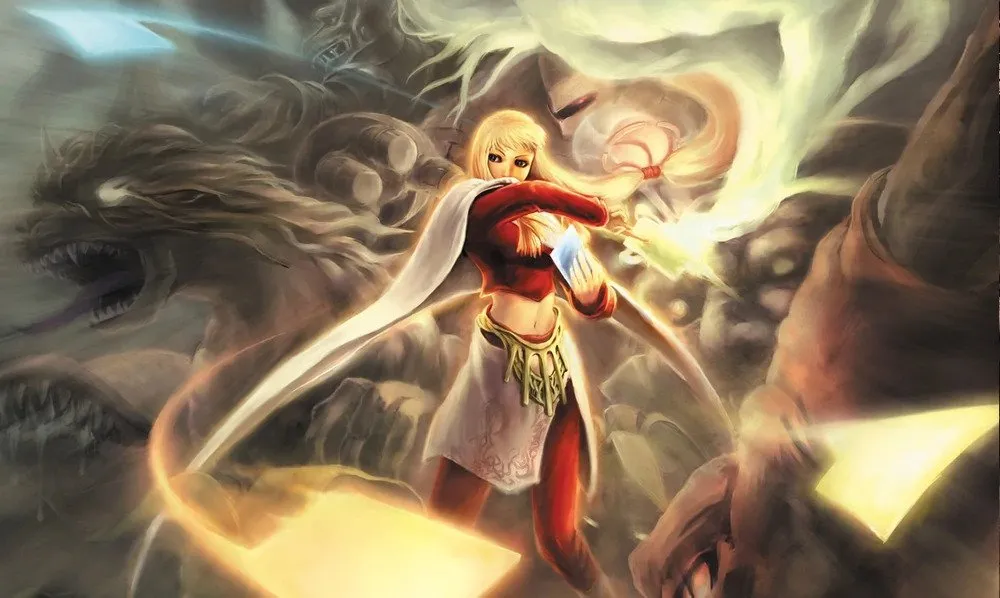

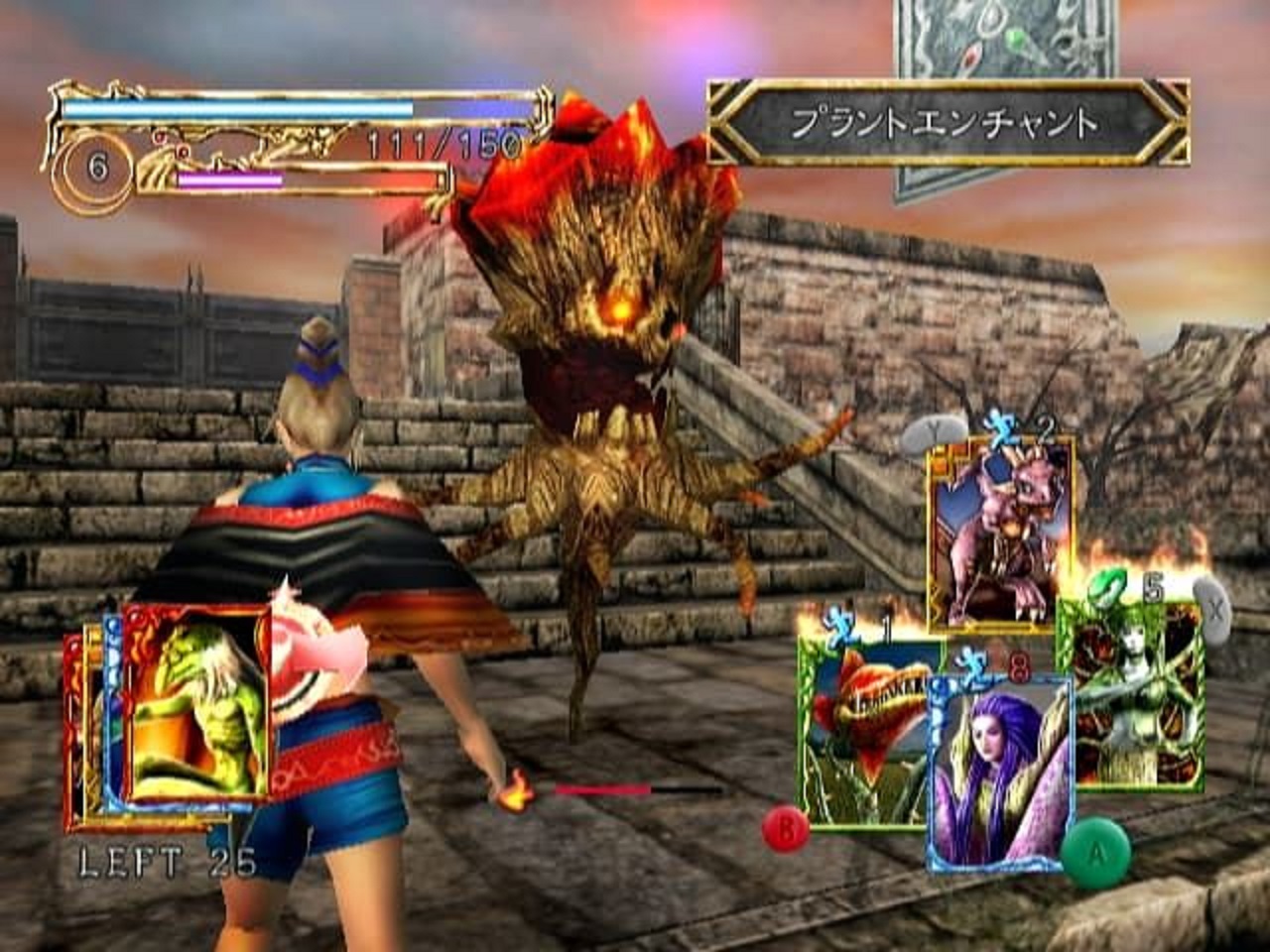
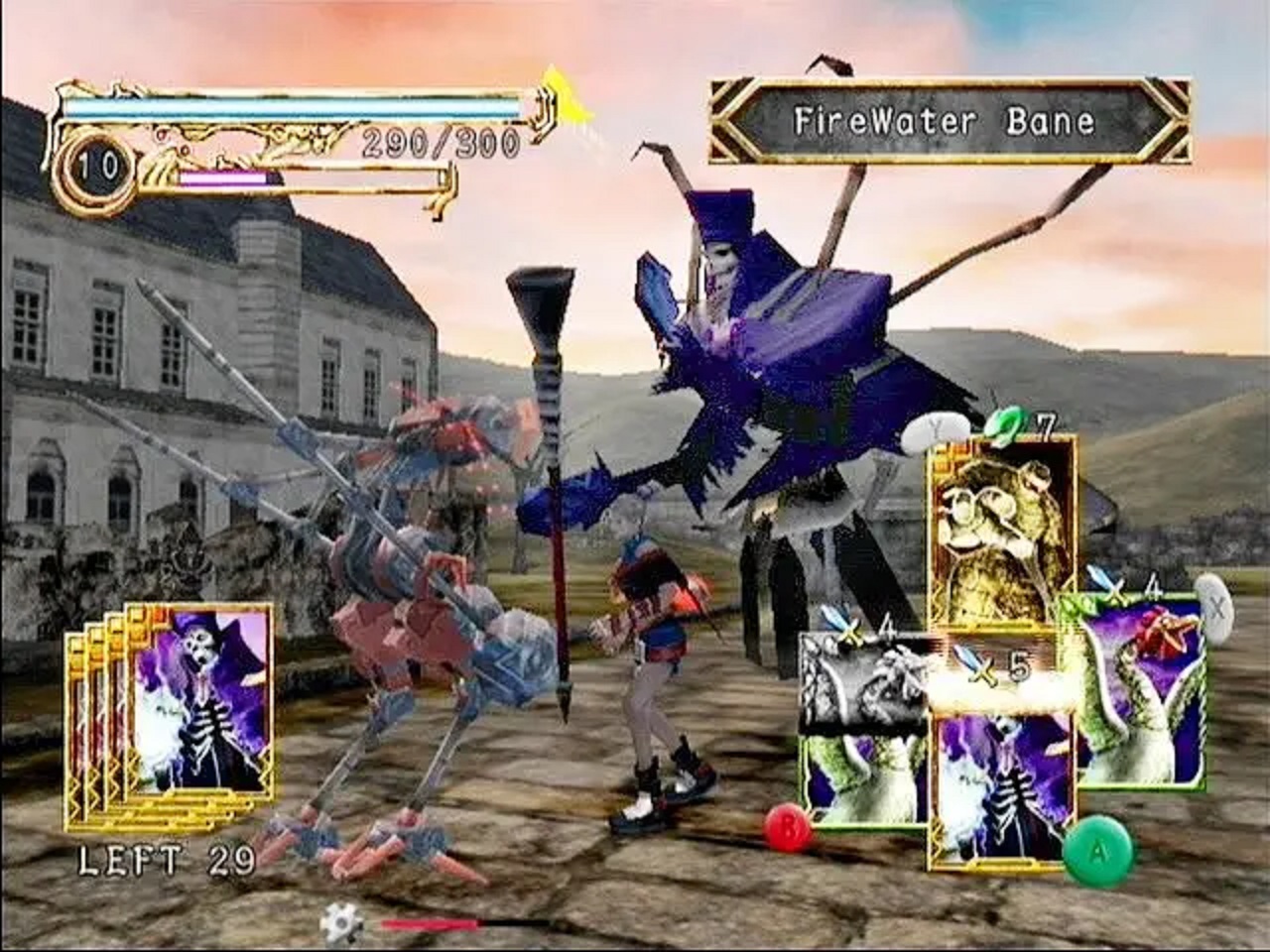
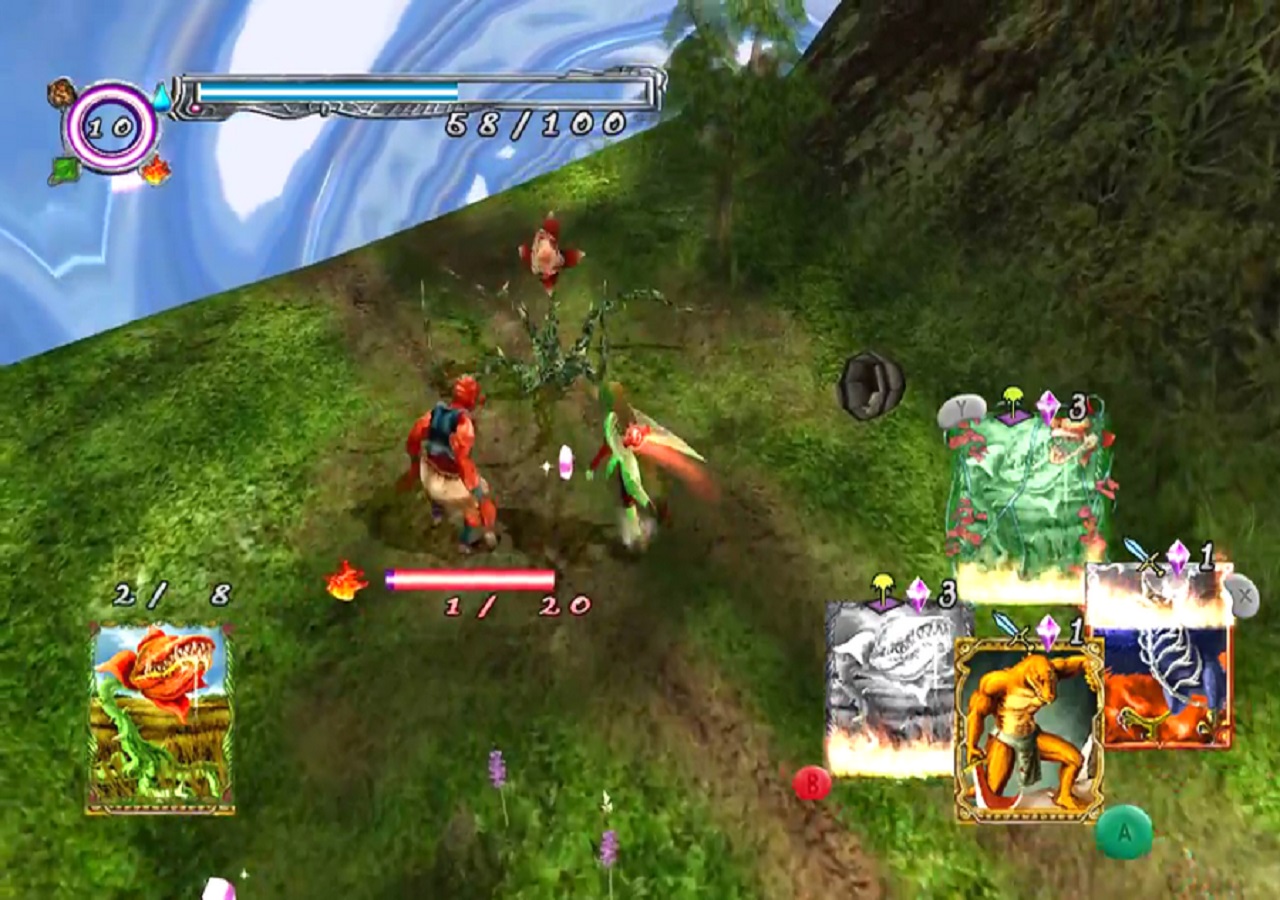


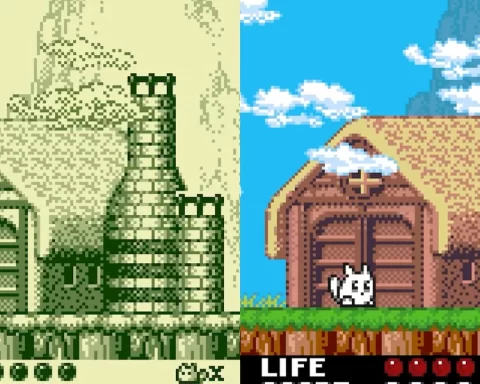

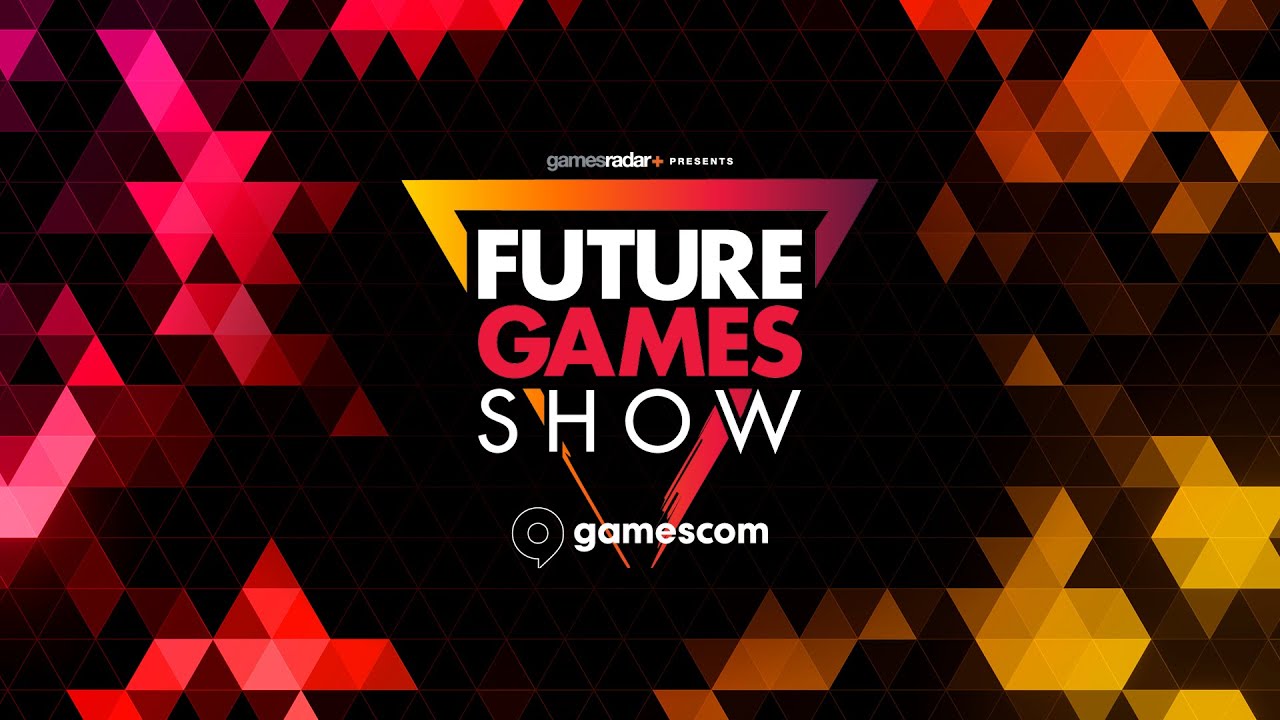
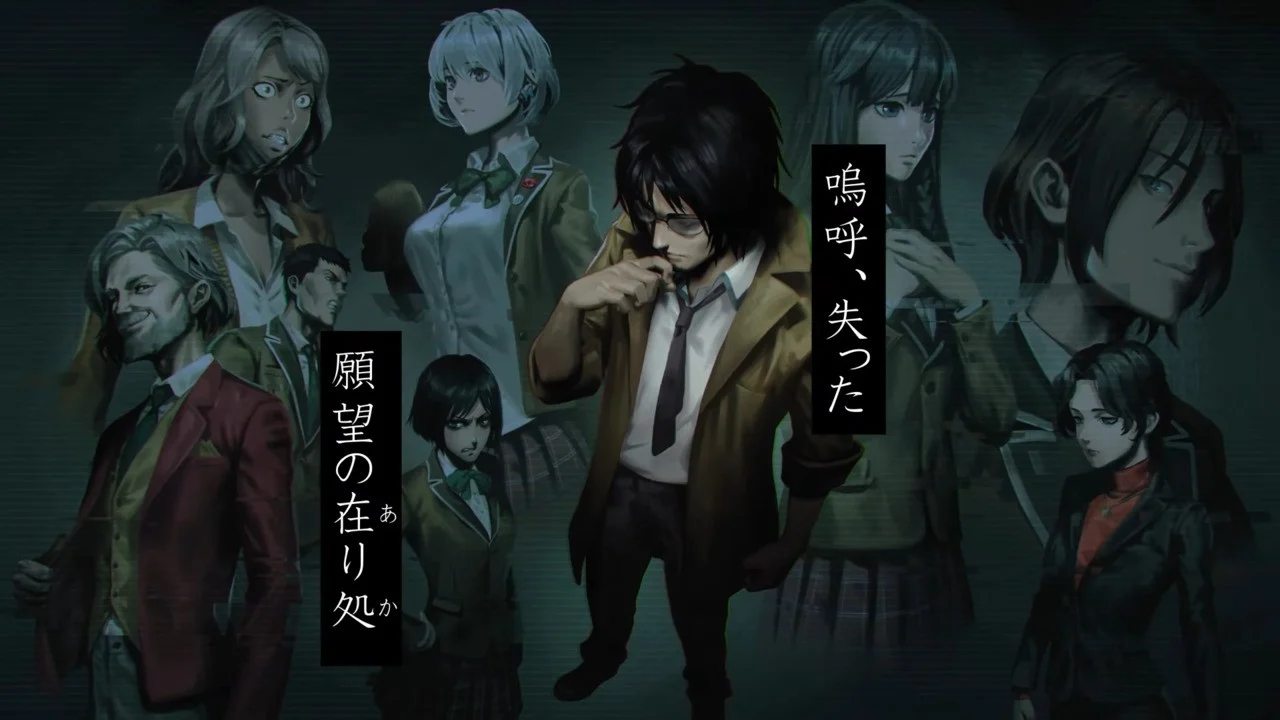
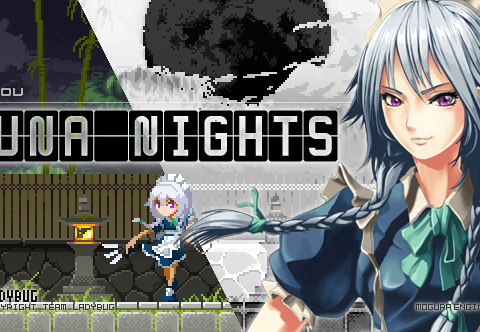
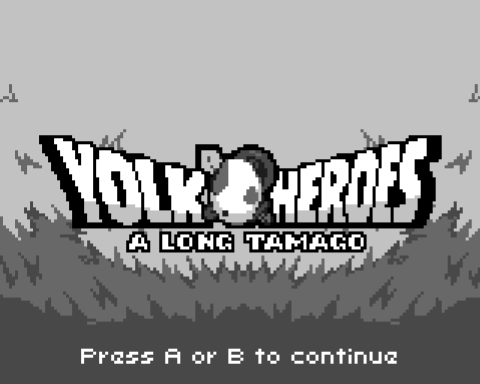
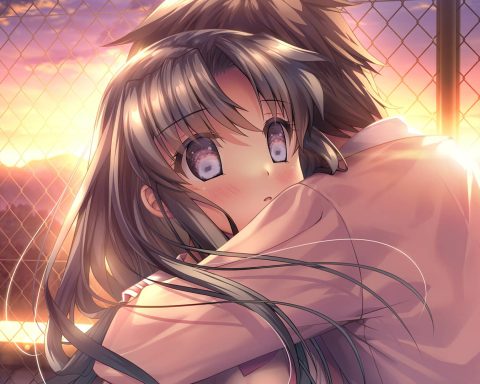
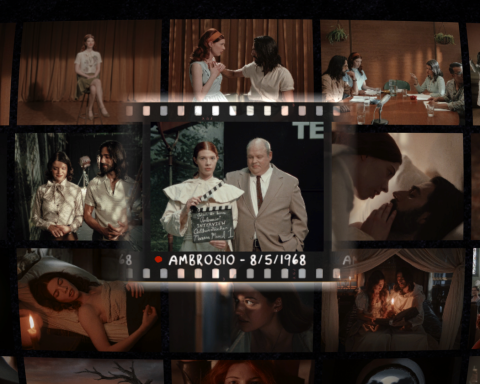
this is one of the GC games I have and wanted to get around to playing but never really got very far even though it felt like a really cool game. It would be interesting if they re-launched it with much improved graphics for a new audience. I don’t care about looks as long as the gameplay is good but I know that graphics sells.
Oh I highly, *highly* recommend you find the time if you can. It’s not an overly long JRPG, and there really is nothing else quite like it out there. A relaunch is almost certainly not going to happen (among things, Activision actually has publishing rights and they’re not exactly a company I turn to for respect of JRPGs), so you may as well sail the high seas if necessary if you’ve no longer got the capacity to play on your console.